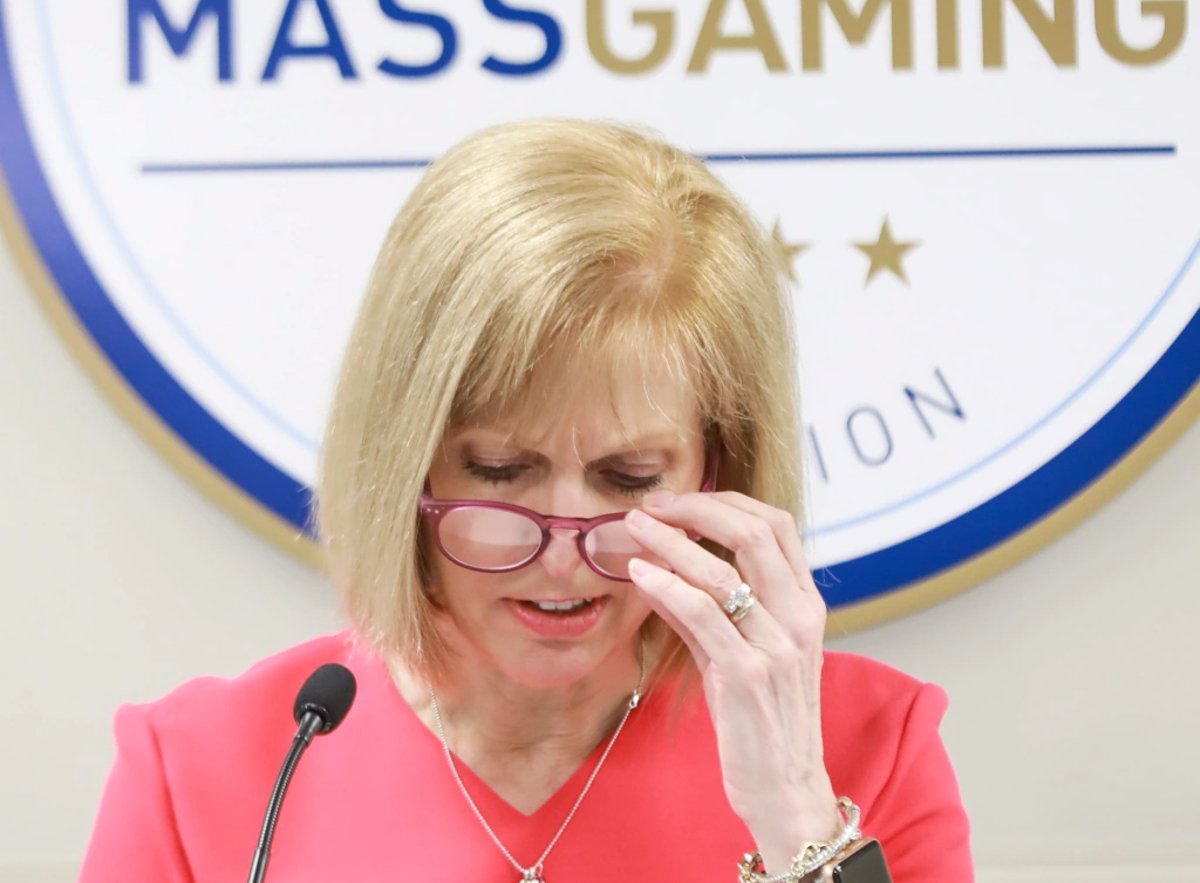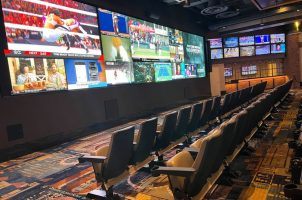Massachusetts Fields Sports Betting Interest From 29 Firms as Application Period Begins
Posted on: October 20, 2022, 11:36h.
Last updated on: October 20, 2022, 12:09h.
The Massachusetts Gaming Commission (MGC) said this week that 29 entities responded to its “Scoping Survey,” a prerequisite for a qualified sports wagering application.

The Scoping Survey is a brief two-page document seeking input from potential sportsbook applicants in Massachusetts. The survey required sportsbook firms mulling a bid for licensure in Massachusetts to detail their operational history, key investors and executives, and what sort of sports betting license the company would likely seek in the state.
Massachusetts’ sports betting law created three categories of operator licenses: Category 1 licenses are reserved for land-based casinos, Category 2 licenses are for the state’s horse racetrack facilities, and Category 3 permits are for fully online sportsbooks. The Category 1 and 2 licenses additionally allow the brick-and-mortar venues to partner with online sportsbooks to take bets remotely over the internet.
Category 1 sports betting licensees can partner with as many as two online sportsbook skins. Category 2 licensees can contract with only a single online sports betting operator.
Interest Strong
The MGC said the initial survey is the first step toward licensing. The state gaming regulator has since opened its application period that runs through 2 p.m. EST on Monday, Nov. 21, 2022.
The application period requires a non-refundable $200K fee made payable to the MGC. The payment is to cover costs associated with the processing and investigation of the sports betting applicant.
Upon issuance of a license, the sportsbook will need to pay the state a $5 million fee, minus the $200K application fee, for a five-year privilege. Renewals are set for another $5 million every five years.
Sports betting revenue generated from in-person wagering will be subject to a 15% tax. Online sportsbook income will be taxed at 20%.
Encore Boston Harbor, MGM Springfield, and Plainridge Park each submitted scoping surveys for Category 1 sportsbook licenses. Suffolk Downs, Raynham Park, and Great Meadowbrook Farm did so too, but for Category 2 licenses.
Some 23 entities submitted scoping surveys with Category 3 intent. The major players all participated, including DraftKings, FanDuel, Caesars Sportsbook, and BetMGM. So did smaller sportsbook operators, such as MaximBet, BetRivers, Betway, and Fanatics.
Massachusetts’ sports betting law permits up to 15 online sports betting licenses.
The state’s three casinos say they’re ready to begin sports betting immediately upon receipt of their licenses. But the first legal bet isn’t expected to be placed until early 2023. MGGC Executive Director Karen Wells has set a February target date for sports betting’s commencement.
College Betting Loophole
Despite pushback from the sports betting industry, Massachusetts is moving forward with its sports gambling launch largely without college sports involving state-based schools. Massachusetts’ sports betting law prohibits oddsmakers from taking bets on games involving in-state colleges. But there are exceptions.
Legal sportsbooks will be able to take bets on Boston College, for example, so long as the Eagles are participating in a tournament involving a minimum of four teams. So a Boston College basketball game in the NCAA March Madness men’s basketball tournament would qualify for sportsbook inclusion, but a regular-season game would not.
Related News Articles
MGM Springfield Sports Betting Application Late, State Makes Concession
Massachusetts Gaming Regulators Delay Sportsbook Votes on Various Concerns
Massachusetts Sports Betting Self-Exclusion Program Underway
Most Popular
LOST VEGAS: ‘Tony The Ant’ Spilotro’s Circus Circus Gift Shop
Las Vegas Overstated F1 Race’s Vegas Impact — Report
Mega Millions Reportedly Mulling Substantial Ticket Price Increase
Las Vegas Strip Stabbing Near The Strat Leaves One Man Dead
Most Commented
-
End of the Line for Las Vegas Monorail
— April 5, 2024 — 90 Comments -
Mega Millions Reportedly Mulling Substantial Ticket Price Increase
— April 16, 2024 — 8 Comments -
Long Island Casino Opponents Love New York Licensing Delays
— March 27, 2024 — 5 Comments
















No comments yet